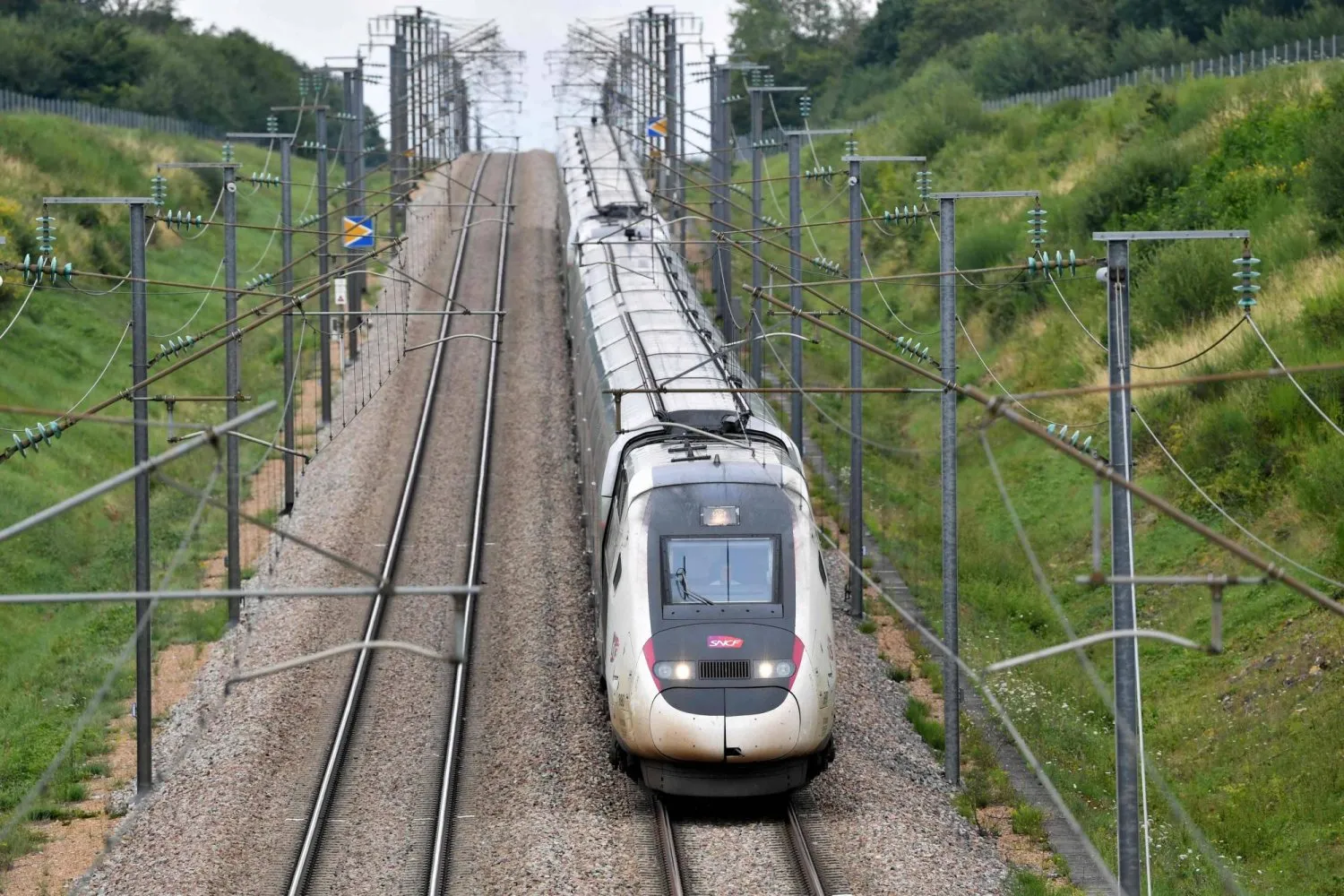Vandals attacked telecoms lines in parts of France overnight, disrupting some fixed and mobile services, the junior minister for digital matters, Marina Ferrari, said on X on Monday.
A police source said it was too early to tell if there was any link to sabotage on the high-speed rail network, which caused travel chaos hours before the opening ceremony of the Paris Olympics on Friday.
Ferrari called the vandalism "cowardly and irresponsible" and said work was underway to get services back up and running.
According to Reuters, a spokesman for telecoms operator SFR said vandals had made cuts to its long-distance network in five different parts of France in the early hours of Monday.
The impact on clients was minimal because the network was designed to reroute traffic, he said.
Le Parisien newspaper reported earlier that cables in electrical cabinets had been cut in southern France, and that installations in the Meuse region near Luxembourg and the Oise area near Paris had been vandalized, affecting mainly fixed-line services.
Rail services only finally returned to normal on Monday morning, Transport Minister Patrice Vergriete said. Overall, around 800,000 people faced disruptions, including 100,000 whose trains had to be cancelled outright, he added.
Vandals Attack French Telecoms Lines Days after Rail Sabotage
https://english.aawsat.com/world/5044908-vandals-attack-french-telecoms-lines-days-after-rail-sabotage



Vandals Attack French Telecoms Lines Days after Rail Sabotage

A high-speed train by French railway company SNCF travels on the Bordeaux-Paris route at reduced speed, at Chartres, northern France on July 26, 2024. AFP

Vandals Attack French Telecoms Lines Days after Rail Sabotage

A high-speed train by French railway company SNCF travels on the Bordeaux-Paris route at reduced speed, at Chartres, northern France on July 26, 2024. AFP
لم تشترك بعد
انشئ حساباً خاصاً بك لتحصل على أخبار مخصصة لك ولتتمتع بخاصية حفظ المقالات وتتلقى نشراتنا البريدية المتنوعة







